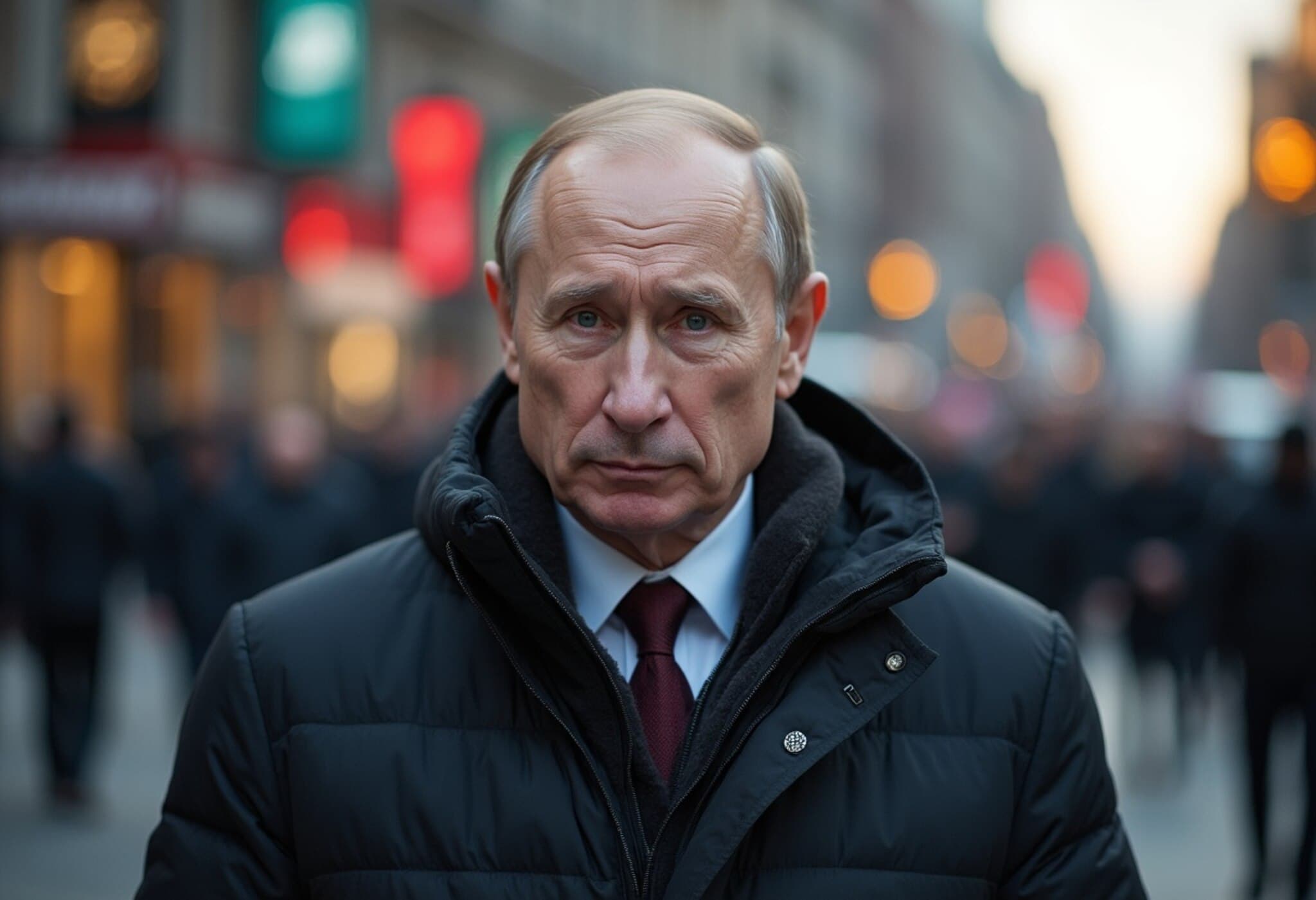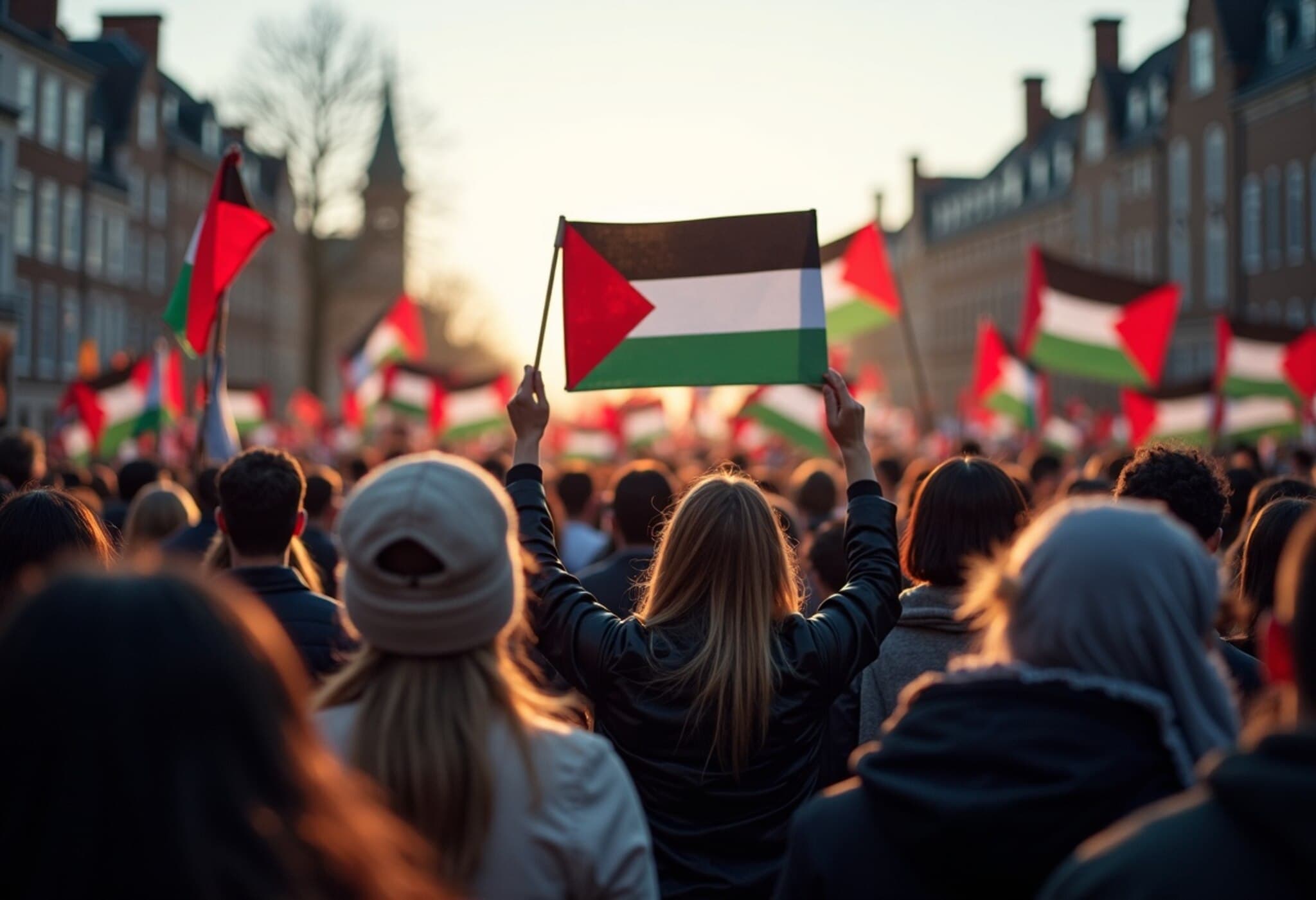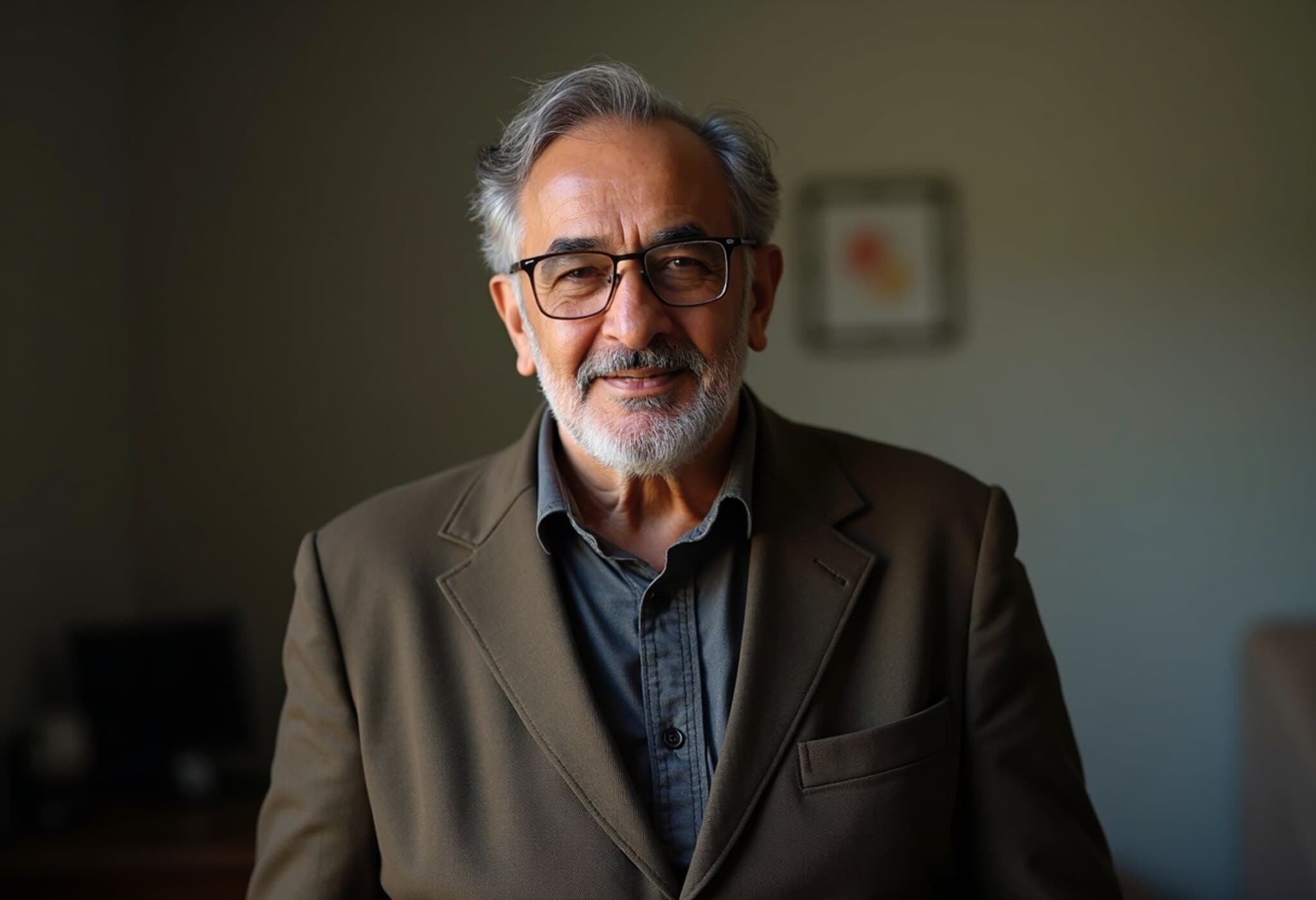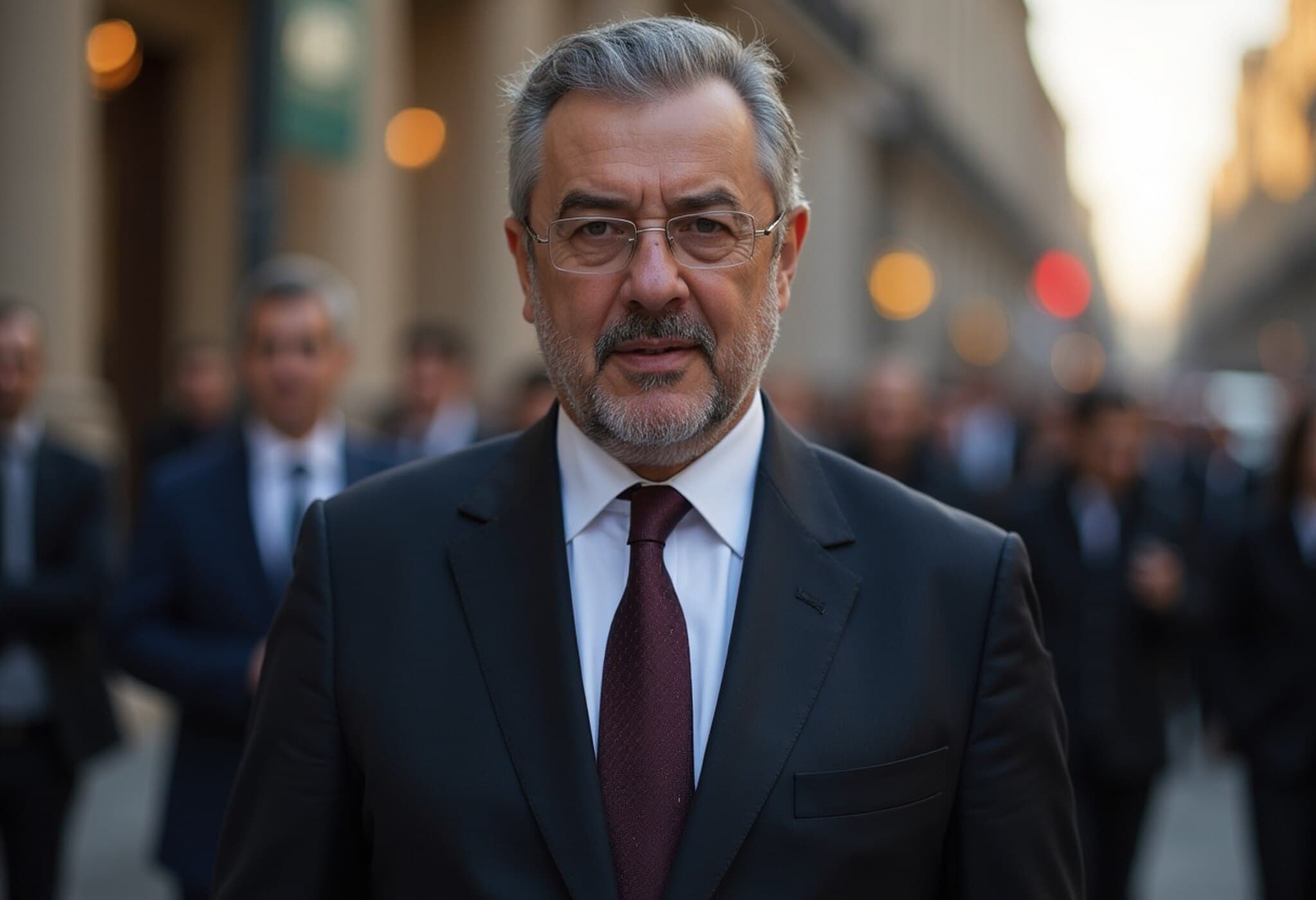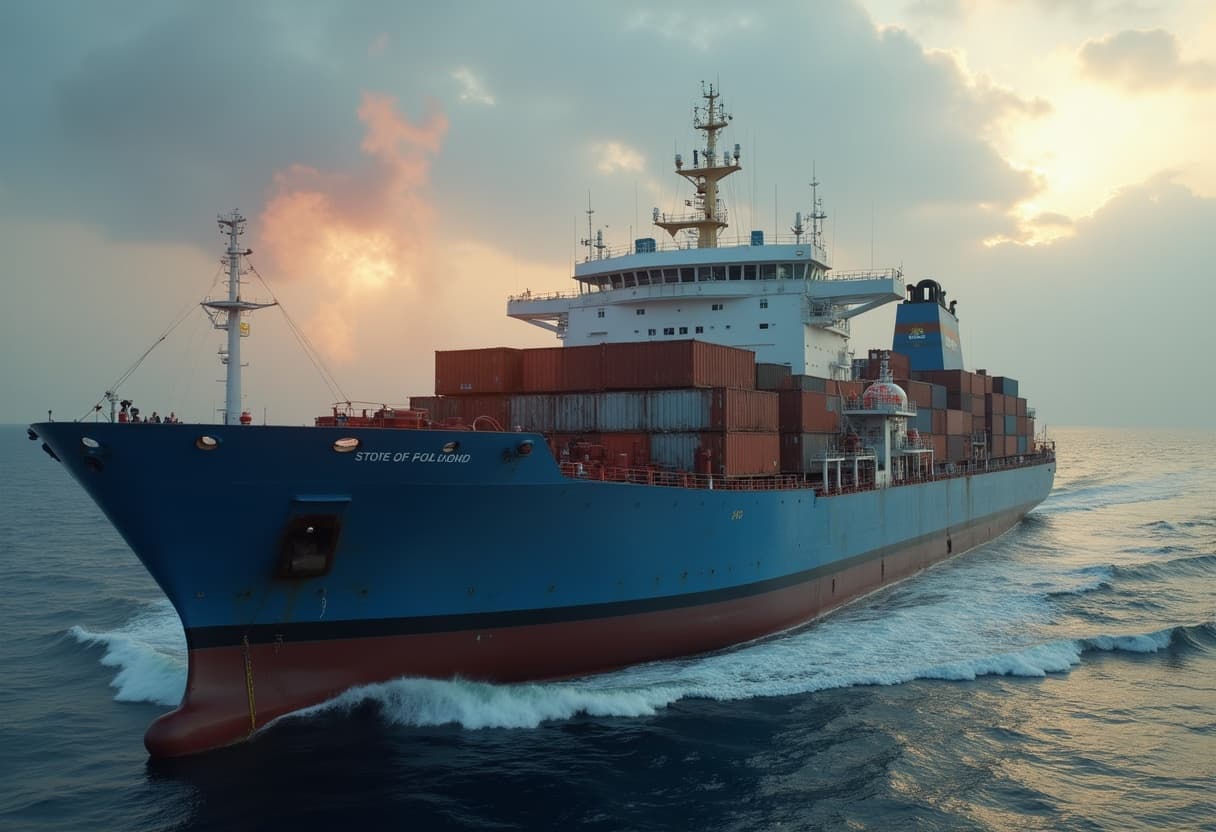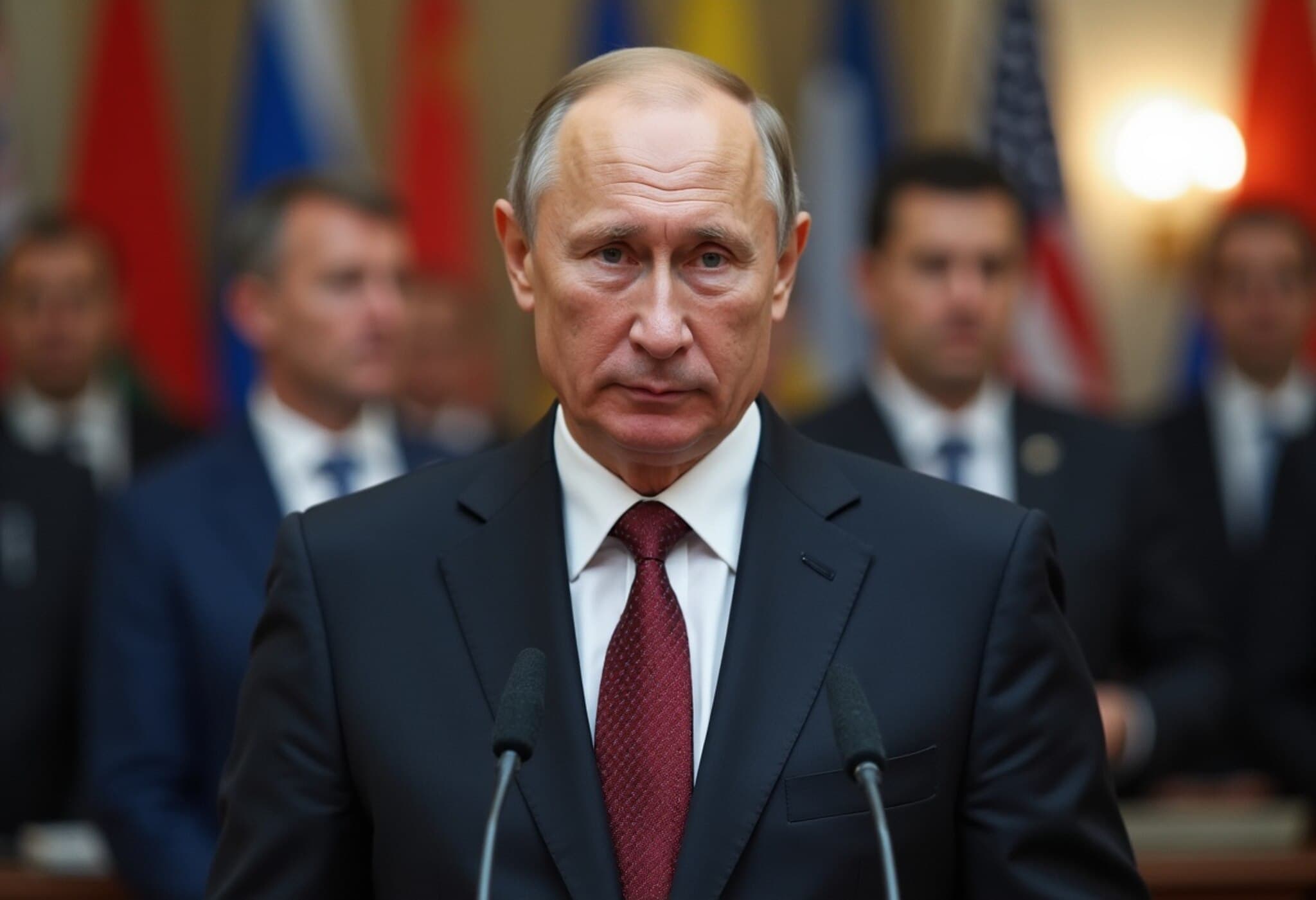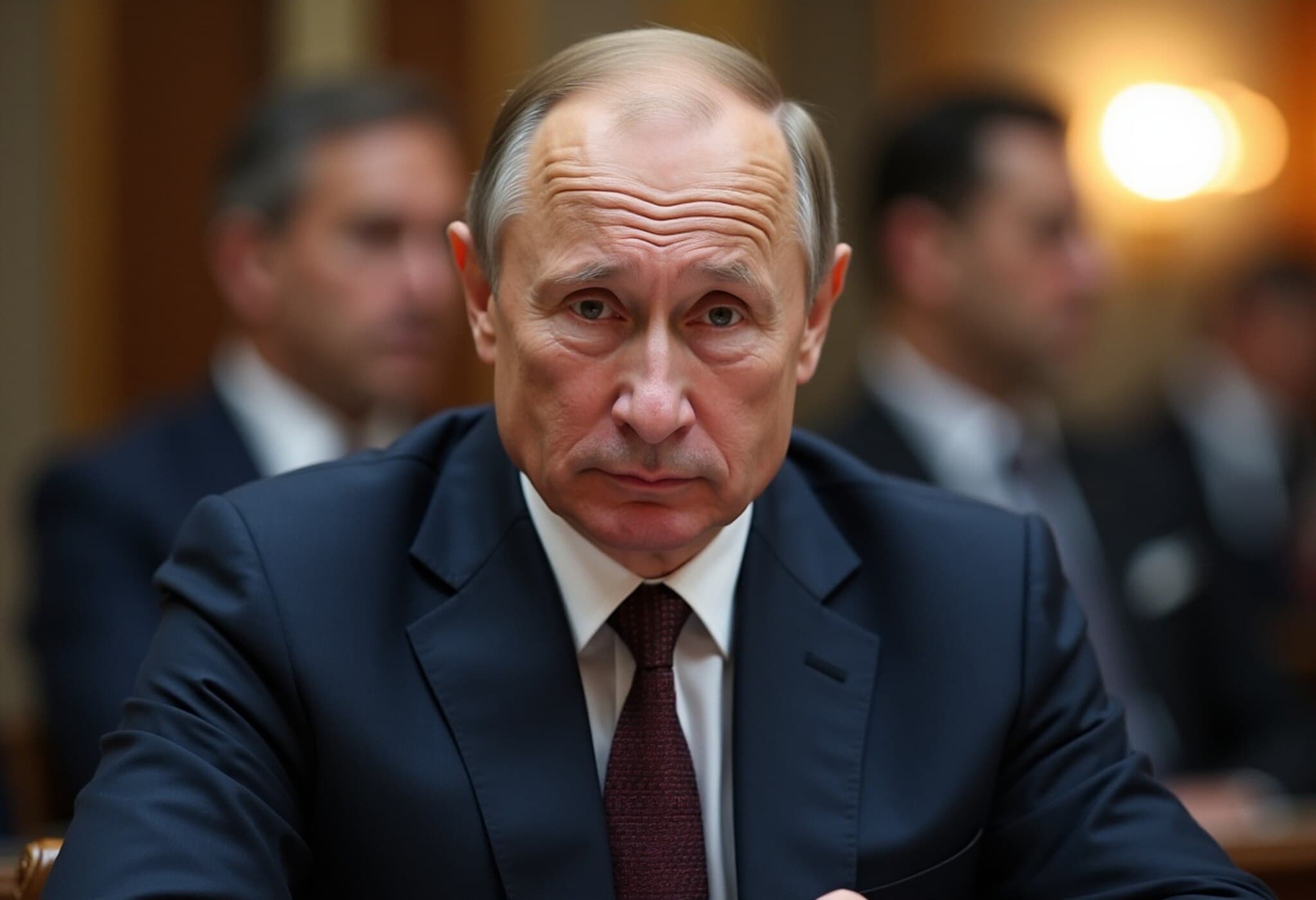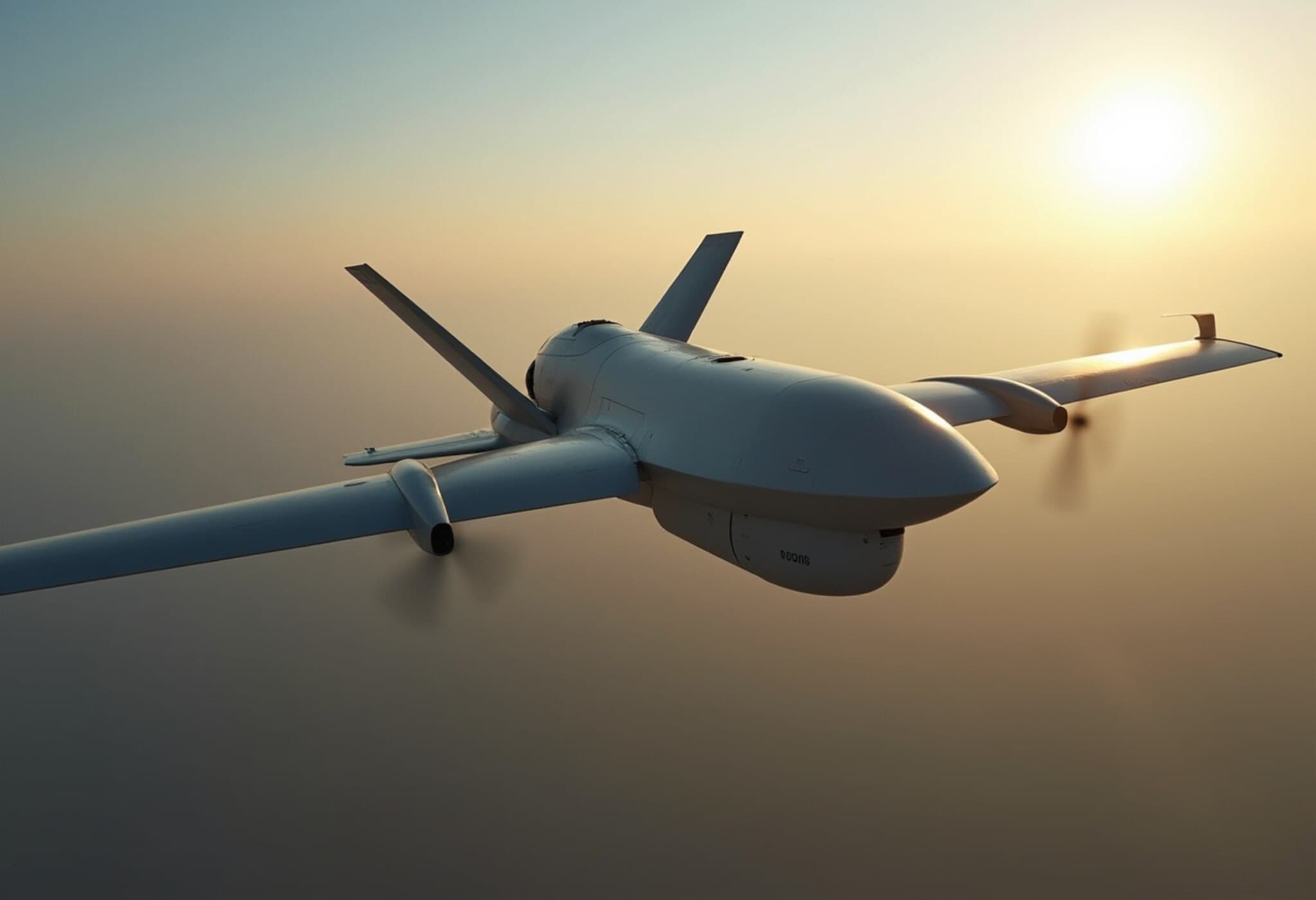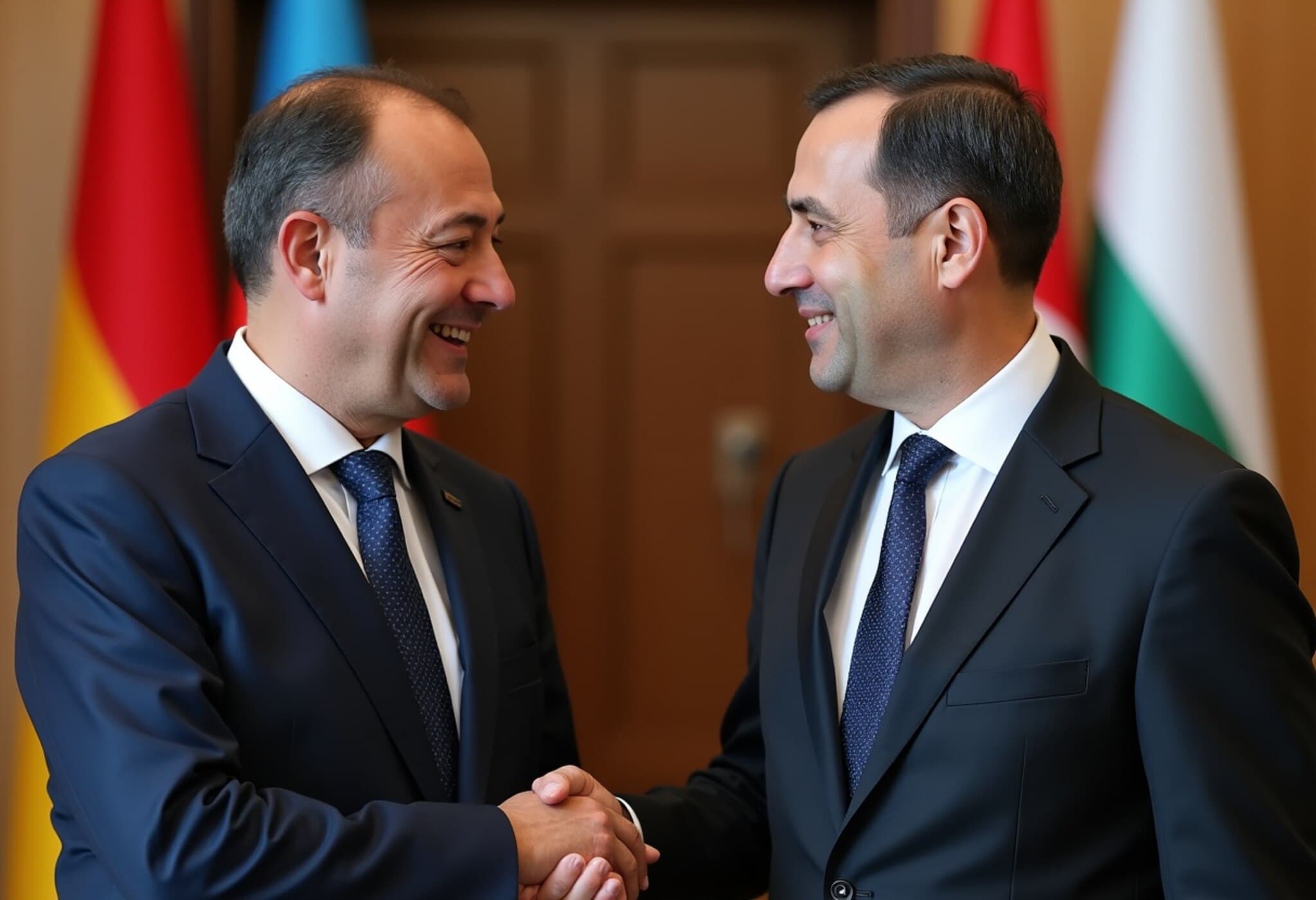European Court Accountability: A Landmark Judgment on Russia’s Actions in Ukraine
In a historic ruling delivered on July 9, 2025, the European Court of Human Rights (ECHR) decisively held Russia responsible for extensive human rights violations linked to its ongoing conflict in Ukraine. This judgment also marks the first time an international legal body has formally attributed blame to Moscow for the catastrophic downing of Malaysia Airlines Flight MH17 in 2014. While largely symbolic and without direct enforcement mechanisms, the verdicts underscore significant strides toward international accountability.
The Cases: Human Rights Violations and MH17 Tragedy
The cases considered by the ECHR center on two intertwined but distinct issues. First, the court addressed Russia’s widespread violations of international human rights law amid its full-scale invasion of Ukraine that began in 2022. Second, and notably, it tackled the tragic MH17 incident where a Boeing 777, carrying 298 people including 196 Dutch nationals, was downed by a Russian-made Buk missile over eastern Ukraine in 2014. The court conclusively found Russia responsible for supporting separatist rebels involved in the attack.
These cases originated before Russia’s 2022 suspension from the Council of Europe, allowing proceedings to continue despite Moscow’s subsequent exit from the organization. As a result, the court’s rulings hold particular significance as part of a broader mosaic of diplomatic and legal challenges facing Russia on the global stage.
Reactions and Broader Implications
The families of MH17 victims received the court’s decision with cautious relief. Thomas Schansman, who lost his 18-year-old son in the tragedy, said, "It’s a real step in understanding who was really responsible." This sentiment echoes the international community's long-standing demand for justice and accountability.
Despite the ECHR’s limited enforcement capability, the judgments contribute to mounting legal and political pressure on Russia. Thousands of additional cases alleging human rights abuses by Russia remain pending at the court, signaling ongoing judicial scrutiny.
Contextualizing the Judgment: What Does This Mean for International Law and Geopolitics?
This ruling can be seen as a pivotal moment in international law, reaffirming the role of supranational courts in addressing state-sponsored abuses. It also raises compelling questions about compliance and effectiveness given Russia’s current geopolitical isolation and refusal to cooperate fully with European institutions.
From a U.S. and transatlantic policy viewpoint, the decision reinforces the need for multilateral approaches to hold aggressors accountable beyond traditional diplomatic measures. It underscores the importance of keeping legal avenues open even amid strained political relations and conflicts.
Looking Ahead: The Road to Justice and Accountability
- Enforcement Challenges: Without binding enforcement tools, how will the international community ensure Russia honors these rulings?
- Victim Advocacy: What support systems can be strengthened for victims’ families to seek reparations?
- Legal Precedents: Could these rulings pave the way for future cases addressing war crimes and human rights abuses?
While symbolic, these decisions are emblematic of a shifting international landscape where judicial bodies strive to fill accountability gaps in complex geopolitical conflicts.
Editor’s Note
The European Court of Human Rights’ landmark ruling against Russia presents both a moral victory for victims’ families and a challenge for international justice enforcement. It emphasizes the judiciary’s role in the geopolitical arena, even when the mechanisms to compel compliance are weak or absent. Readers are invited to reflect on how the global community can evolve legal and diplomatic tools to uphold human rights and deter future violations in conflict zones.

